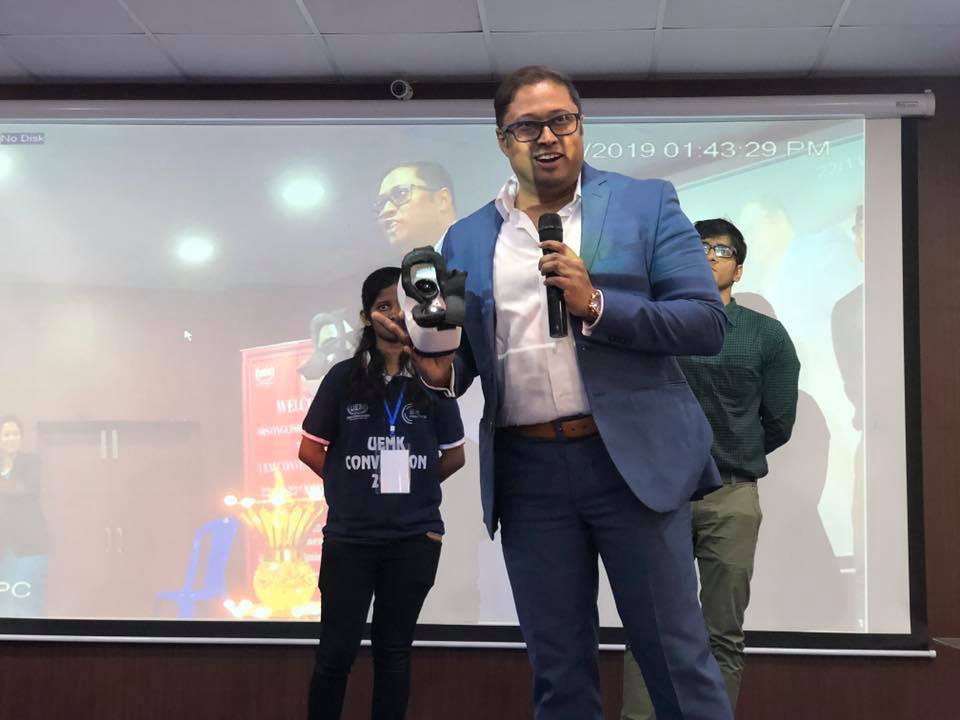The game development industry is a dynamic and ever-evolving field that constantly pushes the boundaries of technology and entertainment. As technology advances and player expectations continue to rise, game developers must stay ahead of the curve to create engaging and immersive gaming experiences.
- Virtual Reality (VR) and Augmented Reality (AR):
Virtual Reality and Augmented Reality have been steadily gaining momentum in the gaming industry. VR provides players with an immersive experience, transporting them into virtual worlds, while AR overlays digital content onto the real world. With the advent of more accessible and affordable VR and AR devices, game developers are capitalizing on these technologies to create unique and interactive experiences that blur the lines between the real and virtual worlds.
- Cloud Gaming:
Cloud gaming has emerged as a game-changer in the industry. It allows players to stream games directly to their devices without the need for powerful hardware. With cloud gaming, players can access a vast library of games, eliminating the need for extensive downloads or physical copies. This trend has also opened up opportunities for cross-platform gameplay, enabling players to enjoy their favorite games on various devices seamlessly.
- Mobile Gaming Dominance:
Mobile gaming continues to dominate the gaming landscape, with millions of users playing games on their smartphones and tablets. Game developers are tapping into this vast market by creating mobile games with high-quality graphics, engaging gameplay mechanics, and social features. The rise of casual and hyper-casual games has also made gaming more accessible to a broader audience, leading to increased revenue and innovation in the mobile gaming sector.
- Live Services and In-Game Monetization:
Game developers are increasingly adopting live services models, offering continuous updates, new content, and events to keep players engaged long after the initial release. This approach allows developers to build a loyal player base and generate recurring revenue. In-game monetization strategies, such as cosmetic items, loot boxes, and season passes, have become prevalent, providing additional revenue streams while enhancing player customization options.
- Player-Generated Content:
Game developers are recognizing the power of player-generated content (PGC) in extending the lifespan and enjoyment of their games. PGC allows players to create and share their own content, such as mods, levels, and customizations. This trend fosters a vibrant community and increases player engagement, as players become active participants in shaping the game world and sharing their creations with others.
- Artificial Intelligence (AI) Integration:
AI technology is revolutionizing the game development process, enhancing various aspects of game design, development, and gameplay. AI-powered algorithms can assist in generating procedural content, improving non-player character behaviors, optimizing game performance, and providing personalized player experiences. Developers are leveraging AI to create more realistic and immersive worlds, improve game balance, and streamline the development pipeline.
- Games as a Service (GaaS)
Games as a Service has emerged as a dominant business model, moving away from traditional one-time purchases. With GaaS, developers provide ongoing content updates, expansions, and in-game events to keep players engaged and invested in the long term. This model not only generates recurring revenue for developers but also ensures that players receive continuous fresh content to enjoy.
- Hyper-Realistic Graphics and Ray Tracing
Graphics have always played a vital role in gaming, and now, with advancements in hardware and software, game developers are pushing the boundaries of realism. Ray tracing, a rendering technique that simulates the way light interacts with objects, has become a game-changer in creating hyper-realistic visuals. This trend enhances immersion and delivers breathtaking visuals that captivate players.
- Emphasis on Inclusivity and Diversity
The gaming industry is recognizing the importance of inclusivity and diversity in game development. Players now demand more diverse characters, narratives, and representation in games. As a result, game developers are making conscious efforts to create games that reflect a broad range of identities and experiences. This trend not only fosters a more inclusive gaming community but also attracts a wider audience.
The game development industry continues to evolve at a rapid pace, driven by technological advancements and changing player preferences. Virtual Reality, Augmented Reality, cloud gaming, mobile dominance, live services, player-generated content, and AI integration are among the latest trends shaping the industry. As game developers embrace these trends and push the boundaries of innovation, players can look forward to even more exciting and immersive gaming experiences in the future.
